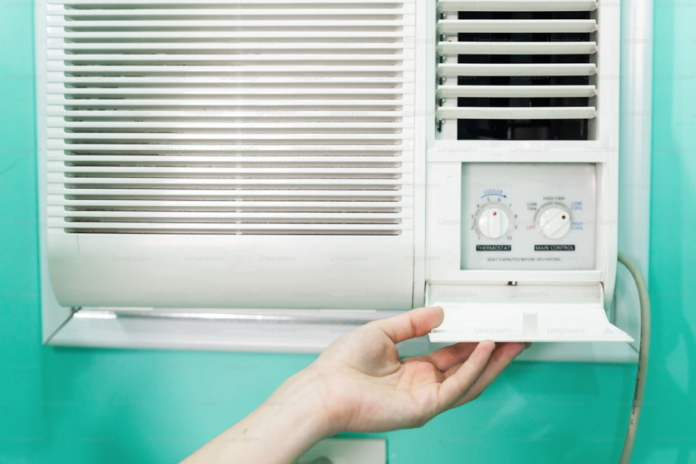As much of the U.S. copes with blistering heat, air conditioners are humming, aiding both comfort and survival. But what’s the best temperature setting during a heat wave, and what can you do to keep your living space cool?
The Department of Energy recommends setting your air conditioner to a temperature that is comfortable and provides humidity control. They note that the smaller the difference between indoor and outdoor temperatures, the lower your overall cooling bill will be.
Factors to Consider:
- Health conditions of household members
- Willingness to pay for electricity
- Use of other cooling methods like fans
Optimal AC Temperature Settings: The Environmental Protection Agency’s Energy Star program, which promotes energy efficiency, recommends setting your air conditioner to 78 degrees for peak comfort and energy efficiency when you’re home. However, many people prefer cooler temperatures. A 2021 Consumer Reports survey found that people with central air conditioning set it to a median temperature of 72 degrees, significantly cooler than the energy-saving recommendation. None of the survey respondents selected a temperature warmer than 76 degrees.
Energy Star also suggests setting the temperature 4 degrees warmer when sleeping and 7 degrees warmer when away from home. A programmable thermostat can help regulate these temperatures effectively. It’s also beneficial to install the thermostat away from areas that receive direct sunlight or are cooled by the AC unit.
Should I Turn Off My AC When I’m Away? Turning the temperature up while you’re away can save money, but turning off the system entirely could end up costing more. For short periods, like daily work commutes or weekend trips, it’s best to adjust the temperature rather than turning the system off. For longer vacations, turning off the AC may be worthwhile.
Keeping Bills Under Control While Running the AC Nonstop: There are other ways to keep your house cooler and manage costs:
- Add window curtains to block out heat.
- Limit the use of heat-producing appliances.
- Check weather stripping on doors and windows.
- Install ceiling fans to help circulate air, but don’t rely on them solely, as they can create a false sense of cooling.
According to FEMA, windows can cause significant unwanted heat to be trapped inside. Ensuring proper shading and insulation can significantly aid in cooling your home.
Increasing Energy Demand: EPA data suggests that energy demand from air conditioning is on the rise due to the increasing number of warmer days and the decreasing number of cooler days, a trend driven by climate change.
By following these guidelines, you can stay cool and comfortable while managing energy consumption and costs during a summer heat wave.


